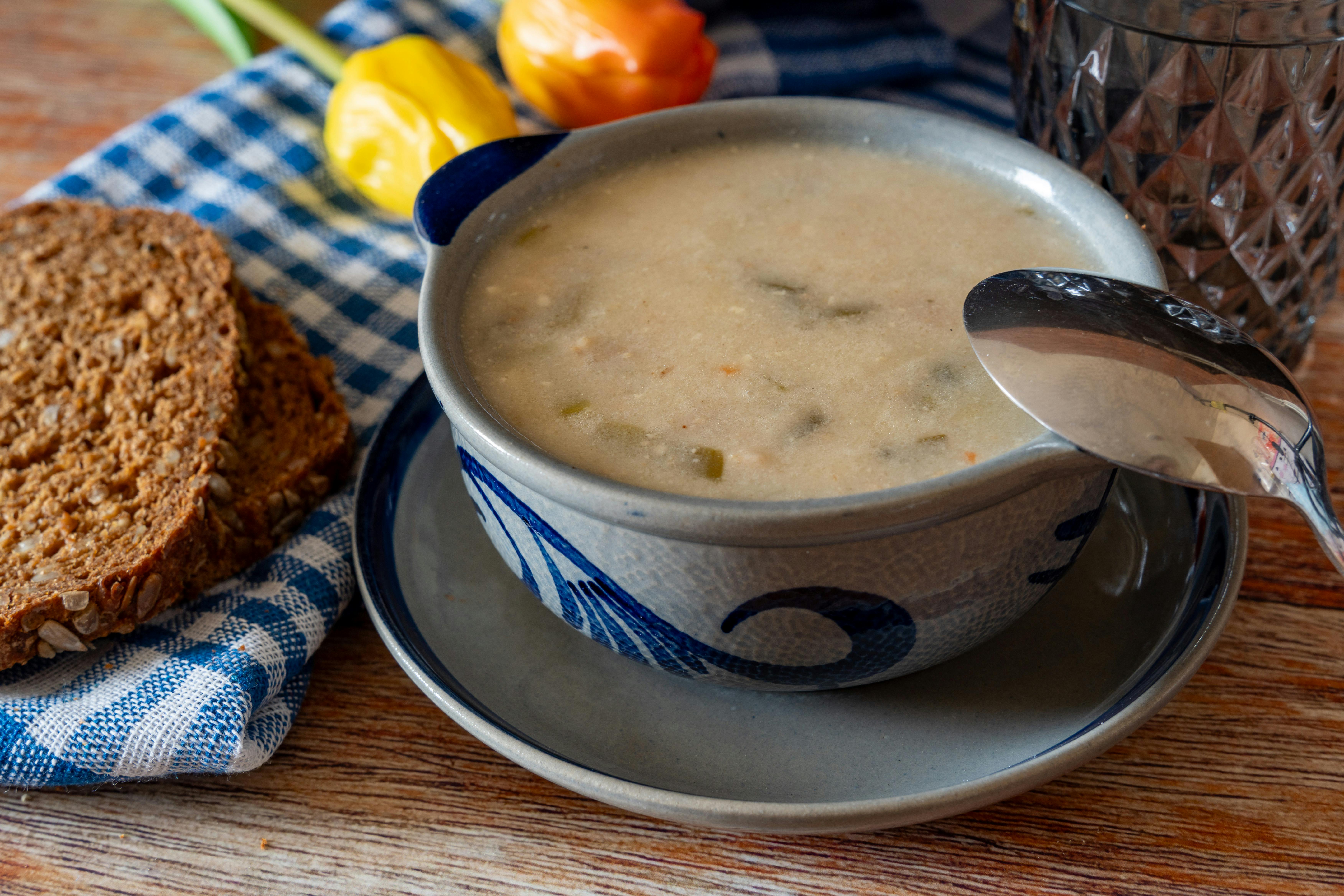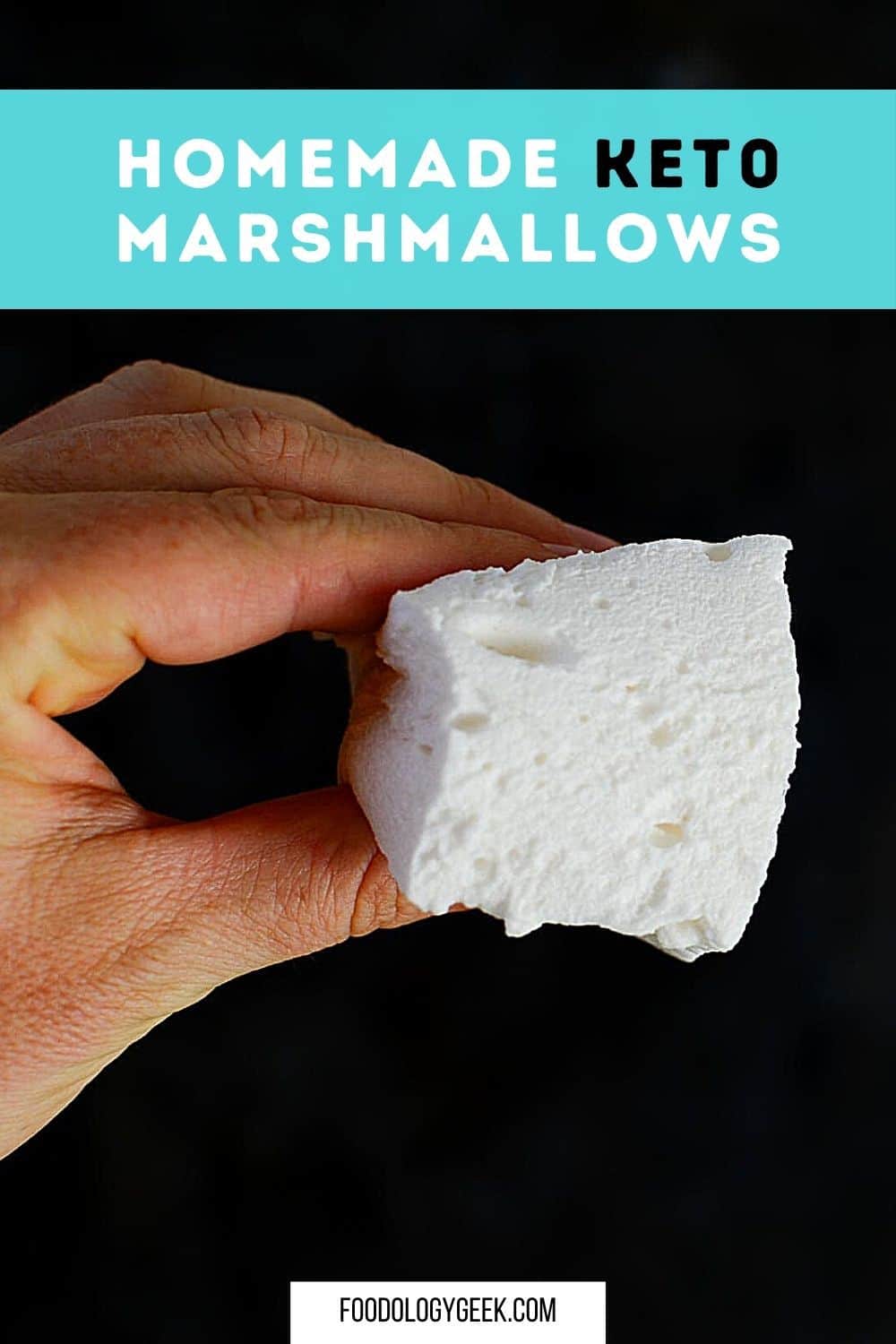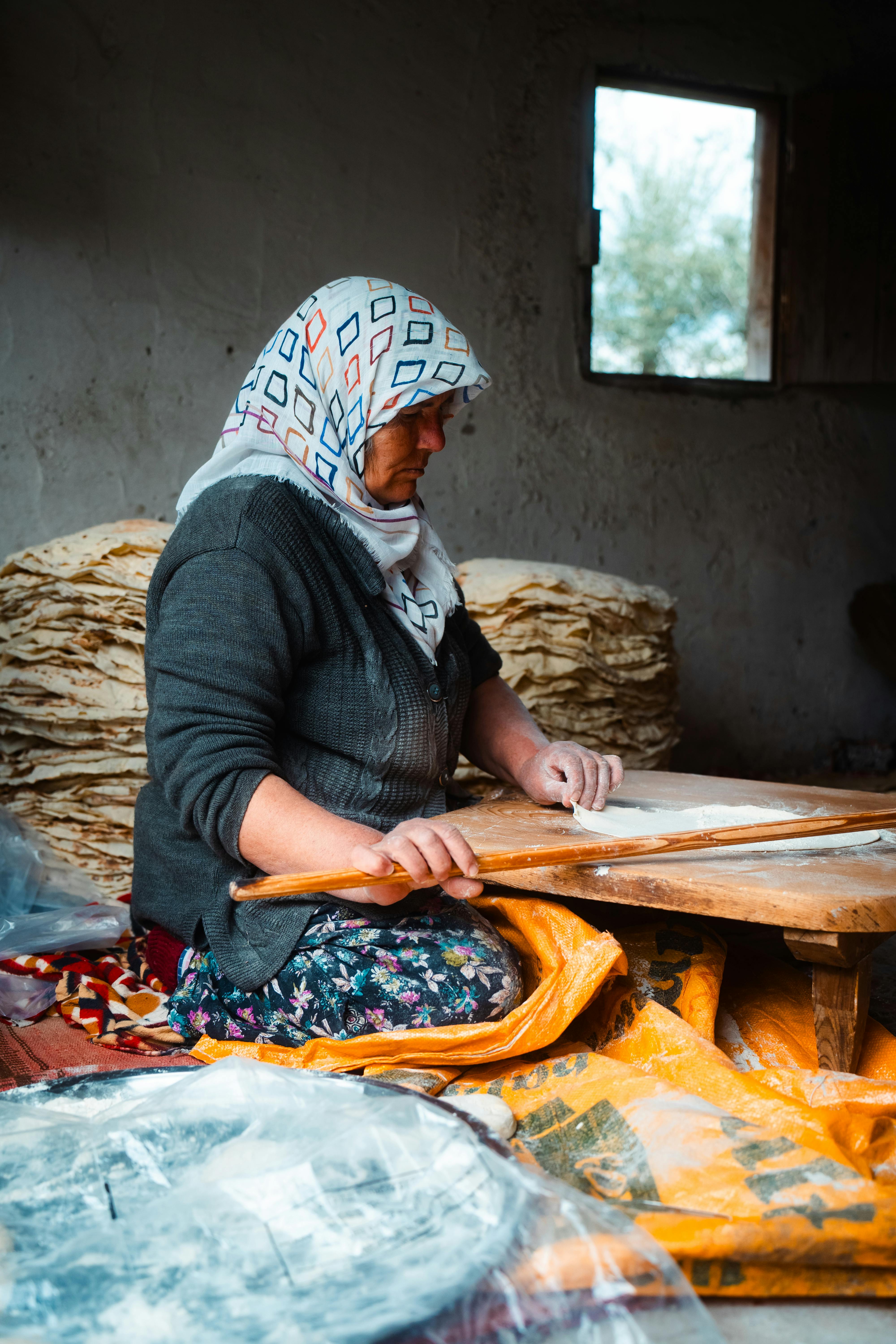Effective Ways to Optimize Keto Fiber for Better Results in 2025
The ketogenic diet has gained immense popularity due to its potential for weight loss and health benefits. However, many individuals overlook the crucial role of fiber in enhancing their keto experience. Fiber is essential for digestive health, stabilizing blood sugar levels, and promoting satiety—all of which are beneficial during a low-carb diet. In this article, we will explore effective ways to optimize keto fiber for better results in the new year, focusing on achieving the right balance of soluble and insoluble fibers, choosing the best fiber sources, and understanding the importance of maintaining adequate fiber intake on a ketogenic diet.
As we delve into this topic, we will provide you with key recommendations on integrating keto-friendly fiber sources into your meals, insights into dietary fiber supplements, and how to avoid common mistakes that could compromise your health on a keto lifestyle. Let's take a closer look at how to incorporate dietary fiber for keto success.
Understanding Fiber Types for Keto
When optimizing fiber intake on a ketogenic diet, it's essential to understand the types of fiber available. Fiber is classified into two main categories: soluble and insoluble fiber. Soluble fiber dissolves in water, forming a gel-like substance, and it can help regulate blood sugar levels and cholesterol. It is commonly found in foods like chia seeds, psyllium husk, and certain fruits and vegetables. On the other hand, insoluble fiber promotes healthy digestion and regularity by adding bulk to stool. Sources include whole grains, nuts, and most vegetables.
For a successful ketogenic diet, balancing these two fiber types can significantly enhance your overall health. Many high-fiber foods, such as avocado, leafy greens, and flaxseeds, provide both types of fiber, making them excellent additions to your meal prep. Incorporating these foods can help meet your daily fiber needs while staying within the low-carb framework.
Best Fiber Sources for a Ketogenic Diet
Identifying the best fiber sources for a ketogenic diet is crucial for anyone looking to optimize their health. Some of the most keto-friendly fiber sources include:
- Chia Seeds: Packed with soluble fiber, chia seeds can absorb water, helping maintain hydration and promoting feelings of fullness.
- Flaxseeds: High in both soluble and insoluble fiber, flaxseeds can support digestive health and provide essential omega-3 fatty acids.
- Vegetables: Non-starchy veggies like broccoli, kale, and zucchini are excellent sources of fiber that are low in carbs and rich in nutrients.
Incorporating these fiber sources into your diet can help maintain the balance of fiber on keto while ensuring you meet your nutritional goals. Additionally, there are various keto fiber products available on the market that can easily supplement your daily intake and enhance your meal plans.
How to Boost Fiber Intake on Keto
Boosting fiber intake on a ketogenic diet involves strategic meal planning. Here are some effective tips to increase your fiber consumption:
- Add Fiber Supplements: Consider using fiber supplements specifically designed for the ketogenic diet, such as psyllium husk or acacia fiber, to easily meet your daily intake goals.
- Make Smoothies: Create keto fiber smoothies using almond milk, spinach, protein powder, and a tablespoon of chia or flaxseeds to enhance fiber content.
- Snack Wisely: Opt for high-fiber snacks like nuts, seeds, or homemade keto fiber bars to keep you energized throughout the day.
Incorporating these actionable strategies can help you hit your daily fiber needs, which are crucial for overall wellness while on keto. Remember to gradually increase your fiber intake to allow your digestive system time to adapt.
Keto and Fiber Balance: The Key to Success
Maintaining a healthy balance of fiber in your diet is vital for achieving success on a ketogenic journey. While the focus on reducing carbohydrate intake may lead some to inadvertently neglect fiber, it's important to prioritize this nutrient to support digestive health, weight management, and overall wellness.
The Importance of Daily Fiber Needs on Keto
The recommended daily fiber intake can vary based on individual dietary needs; however, many experts suggest aiming for around 25 grams for women and 38 grams for men. When it comes to a ketogenic diet, ensuring your fiber intake aligns with these recommendations can play a pivotal role in optimizing digestive health and keeping you feeling full between meals. The right balance also helps alleviate potential challenges associated with a low-carb diet, such as the keto flu.
Common Challenges and Solutions
While many people thrive on a ketogenic diet, some may experience challenges related to low fiber intake. This might manifest as constipation or digestive discomfort. Understanding common obstacles can be the first step to overcoming them:
- Increased Fluid Intake: With higher fiber intake, it’s crucial to stay hydrated. Drink plenty of water to support fiber’s role in digestion.
- Slow Adjustments: Gradually increasing fiber can prevent gastrointestinal discomfort. Introduce new fiber-rich foods one at a time.
- Diverse Fiber Sources: Explore a variety of fiber sources, including both supplements and whole foods, to ensure you’re receiving both soluble and insoluble fibers.
By proactively addressing these challenges, you can ensure that your ketogenic diet not only supports weight loss but also promotes overall digestive health.
Incorporating Keto Fiber into Meal Plans
When embarking on a ketogenic journey, integrating fiber into your daily meal plans can enhance your dietary experience. Comprehensive meal preparation can make this process easier and enjoyable.
High-Fiber Keto Recipes to Try
Creating meals that embrace both low carbs and high fiber can be delicious and satisfying. Here are some recipe ideas:
- Keto Chili: A hearty dish made with ground meat, tomatoes, beans (in moderation), and plenty of spices; it’s packed with flavor and fiber.
- Flaxseed Muffins: Using almond flour and flaxseed for a high-fiber breakfast treat, these muffins can keep your energy levels sustained.
- Salads with High-Fiber Vegetables: Incorporating dark leafy greens, avocado, and fiber-rich toppings like nuts can create filling salads.
These recipes are not only easy to prepare but also provide a substantial fiber boost to your keto meals. Experimenting with various ingredients will keep your meals exciting and nutritious.
Snack Smart on a Keto Diet
Snacking plays a crucial role in your dietary journey. Choosing the right snacks can be beneficial for your fiber intake.
- Nut Butter with Celery Sticks: This simple snack combines fiber from vegetables and healthy fats from nut butter for a balanced option.
- Homemade Keto Fiber Bars: Make your own bars with almond flour, coconut flakes, and chia seeds to control ingredients and maximize fiber.
- Jerky with Veggies: Pairing beef jerky with fiber-rich bell peppers or cucumbers can provide a satisfying and flavorful snack.
By making thoughtful choices around your snacks, you can maintain a high-fiber, low-carb diet without feeling deprived.
Final Thoughts on Fiber Optimization for Keto
Understanding the significance of dietary fiber on a ketogenic diet can reveal remarkable benefits for your health and wellness. With the right strategies for fiber integration, including high-fiber recipes and thoughtful meal planning, you can ensure that your keto journey is both successful and enjoyable.
As you gear up for the future, remember that optimizing your fiber intake will not only help in achieving weight loss goals but also support digestive health and enhance your overall well-being. Embrace the journey ahead with well-balanced meals, effective fiber sources, and an attitude geared towards progress in 2025 and beyond.

Frequently Asked Questions About Keto Fiber
How much fiber should I consume on a keto diet?
It is generally recommended to aim for about 25 grams of fiber per day for women and 38 grams for men, adjusting as necessary based on individual dietary requirements.
What are the best fiber supplements for a ketogenic diet?
Some of the most effective fiber supplements for keto include psyllium husk, acacia fiber, and flaxseed, all of which can support digestion while maintaining a low-carb profile.
Can I get enough fiber from keto-friendly foods alone?
Yes, if you carefully choose fiber-rich foods such as vegetables, nuts, seeds, and keto-specific products, you can meet your fiber needs without relying heavily on supplements.

Incorporating these fiber sources and mindful strategies can significantly improve your keto experience while benefiting your digestive health and overall lifestyle.
